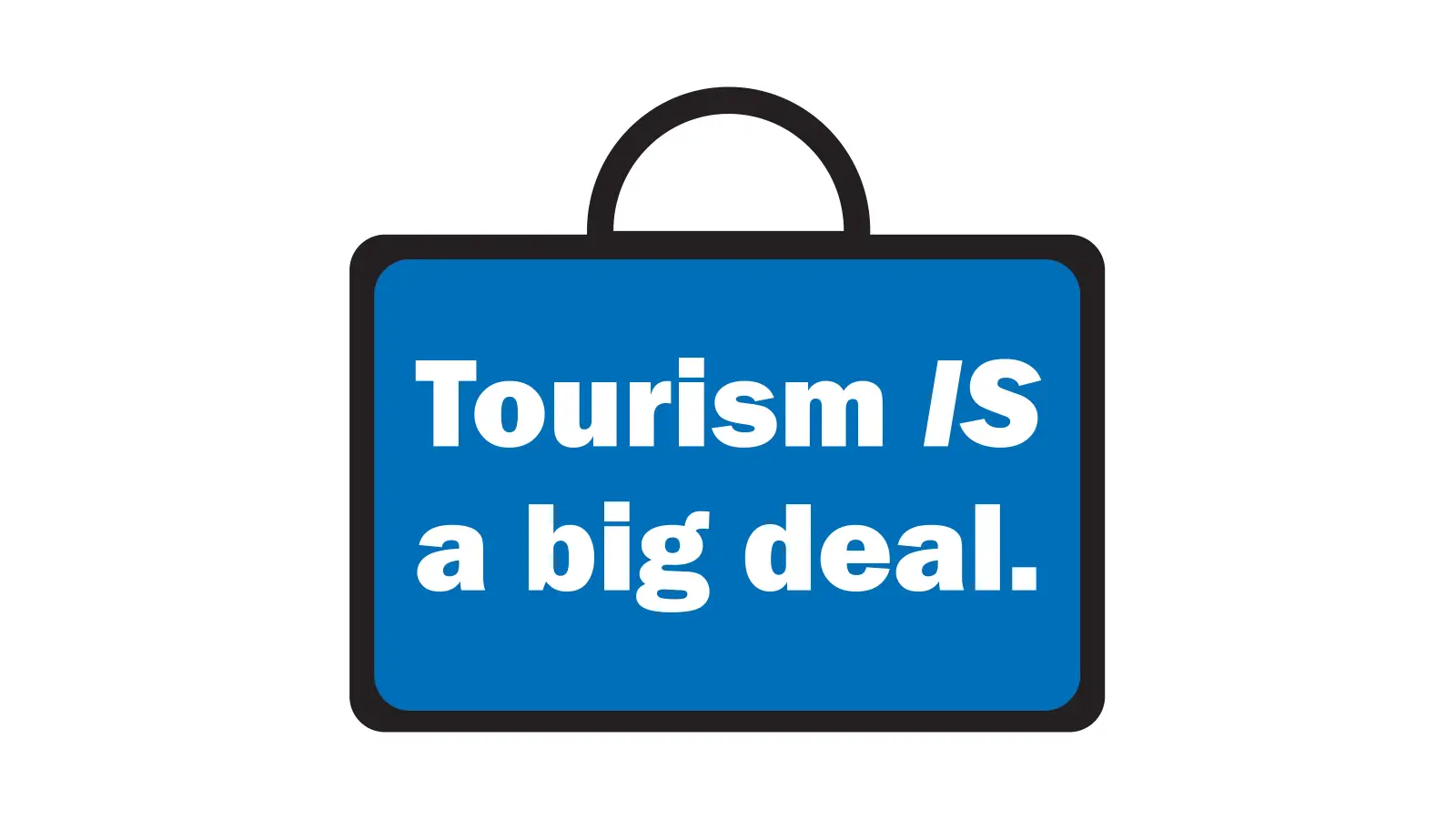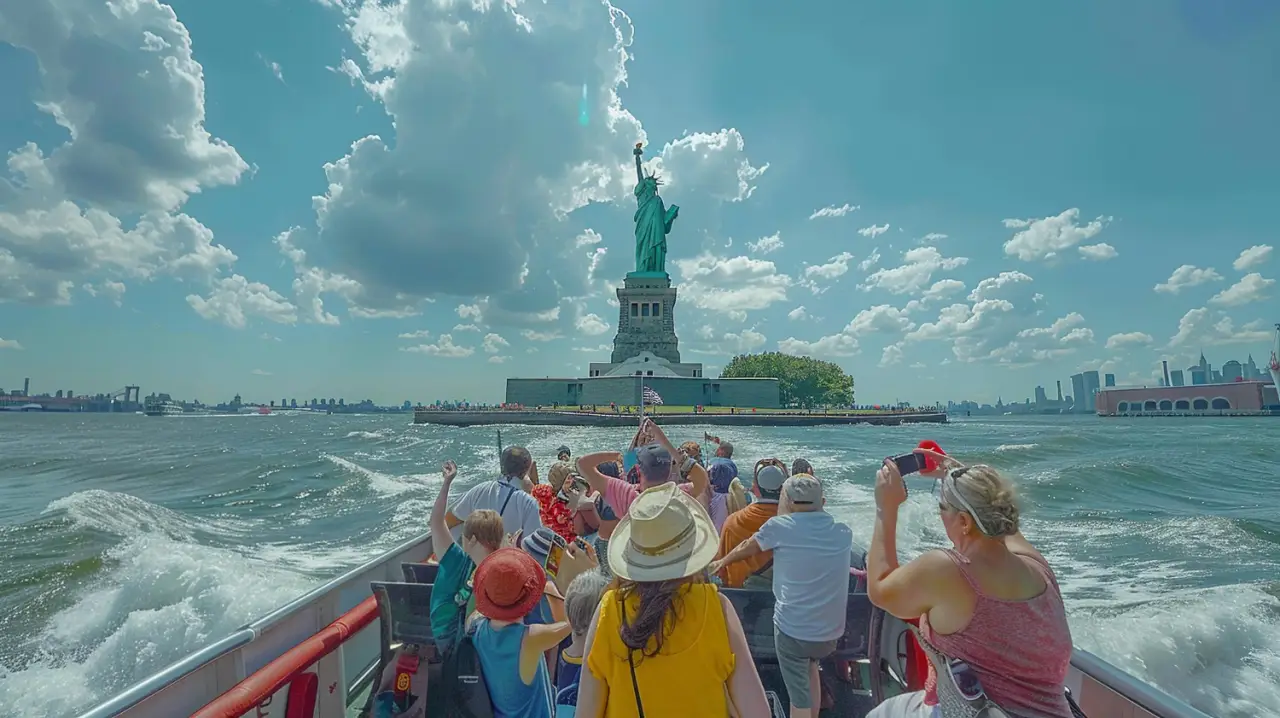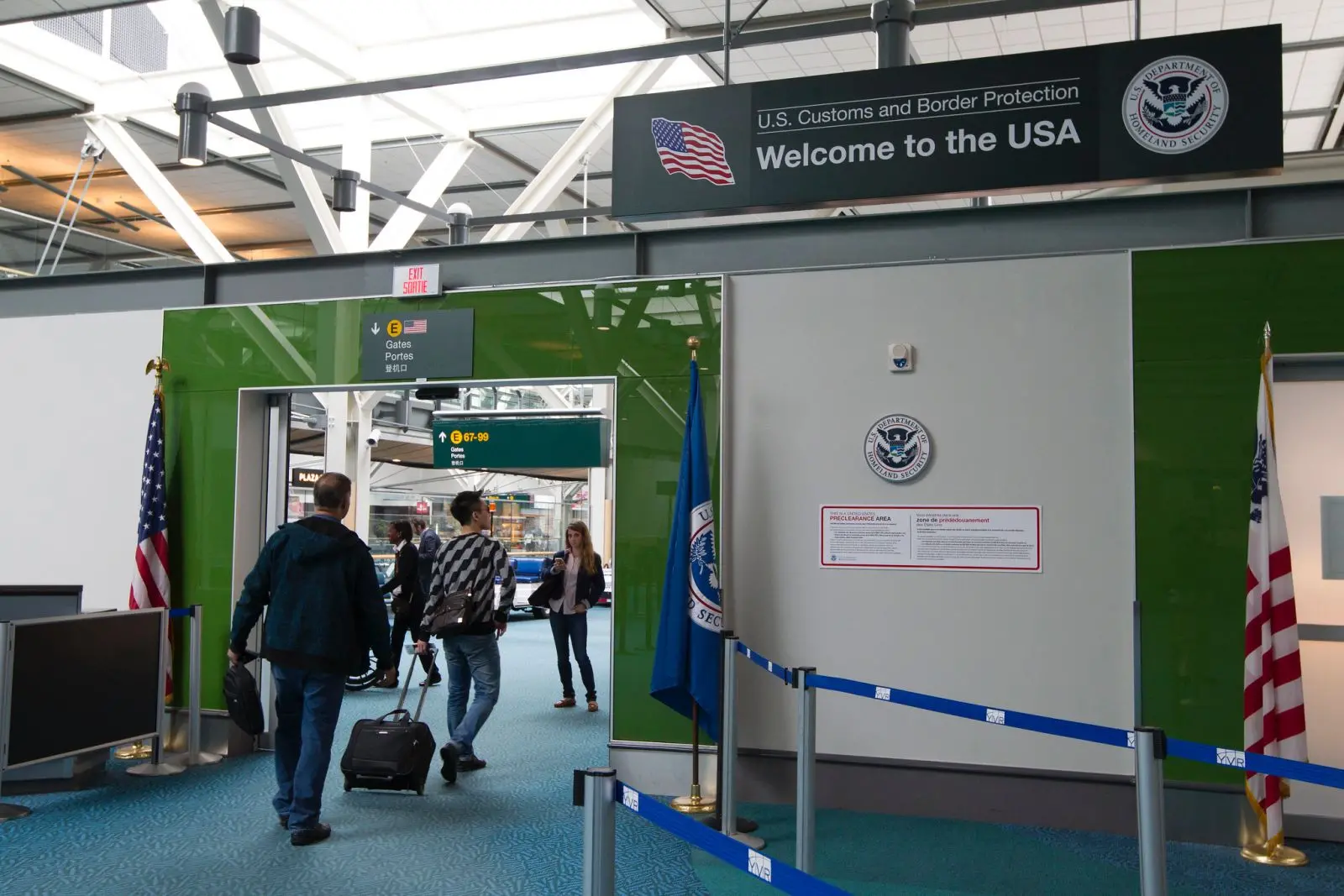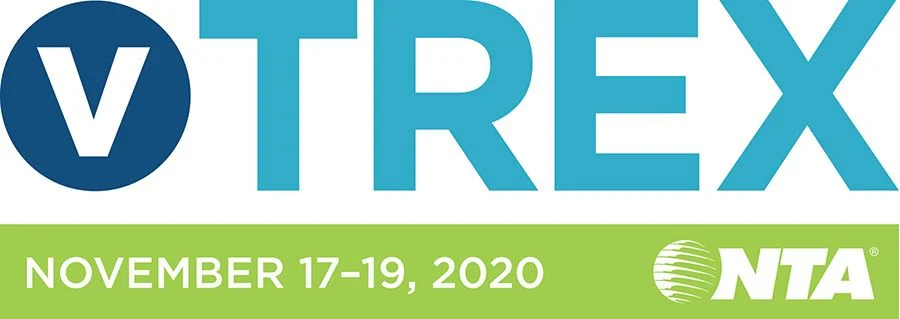The decline in international tourism into the United States is not just a statistic—it’s a warning sign for a vital sector of the economy.
In response to recent downplaying of this trend, National Tour Association President Catherine Prather has issued a powerful editorial calling attention to what’s at stake. With millions of jobs and billions in revenue tied to travel, Prather urges the nation to recognize the real impact and act accordingly. Her unedited editorial appears in full below.
Tourism Is a Big Deal
by Catherine Prather, CTP

You might have heard it said recently that the decline in international tourism into the United States is not a big deal.
However, as 15 million Americans know, tourism is a big deal. Fifteen million is the number of U.S. jobs supported by travel—more than 10 percent of the American workforce. And travel is a fiscal dynamo in the United States, responsible for nearly $2.9 trillion in economic activity each year, not to mention critical tax revenue at the federal, state, and local levels.
It’s also a big deal that last year alone, international visitors infused $181 billion into the U.S. economy, spending their money on hotels, dining, shopping, activities, attractions, and transportation. Beyond the economic benefits of tourism, there’s also the intrinsic value of travel, as it connects cultures, building bridges of understanding between peoples and nations.
As a nation that relies on tourism, though, the United States faces a rocky road ahead. According to the International Trade Administration, arrivals of noncitizens into the U.S. dropped by more than 11 percent in March compared to last year. And data from the U.S Customs and Border Protection reveals even larger decreases specifically among Canadian travelers, down 18 percent in March.
NTA members have shared with me a startling number of clients outside the U.S. who are canceling travel into this country, citing hostility at the border, escalating trade wars, political rhetoric, and economic uncertainty. To compound the problem, that same economic uncertainty is threatening domestic travel within the United States, as Americans curtail their spending in the face of higher prices.
In a recent survey conducted by NTA in collaboration with the American Bus Association and the Student Youth Travel Association, 51 percent of our members—packaged travel professionals—say their business or destination has already lost business, bookings, or visitation from Canadian or overseas groups. And among destination marketing organizations, attractions, hotels, and restaurants, 63 percent report seeing declines. A similar number of professionals say they’re seeing a decline in future business or leads from international travelers.
But while the threat to the U.S. travel industry is strong, we are stronger. Americans have faced tourism pitfalls before—recession, terrorists, and pandemic—yet we always climb out of it. And we also will rise above this current challenge. We will do so because at our core, Americans are welcoming people. We can overlook politics and focus on people. We can open our country’s doors … to the world.
Is tourism a big deal? Absolutely. Tourism pays bills and builds bridges. It enlivens and inspires. It opens eyes and minds. Tourism lifts our economy, but even more, it lifts the human spirit. And that, truly, is a big deal.
Catherine Prather, CTP, is president of the National Tour Association, comprised of packaged travel professionals who specialize in travel to, from, and within North America.











